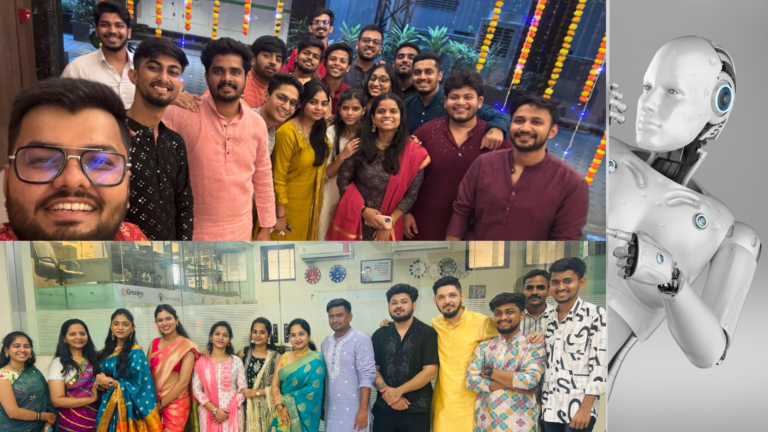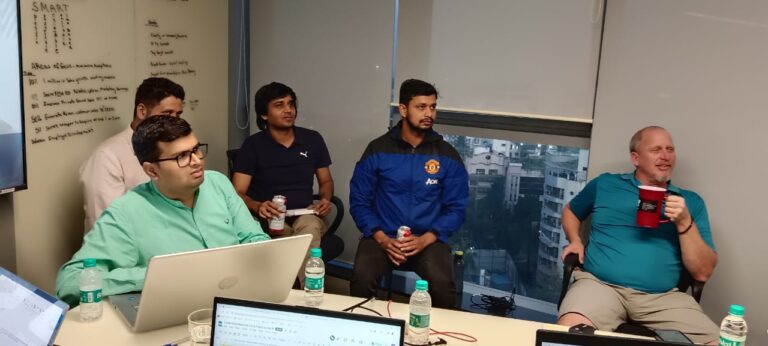The headlines have been relentless: shipping delays, raw material shortages, and logistical nightmares. For brands, especially in e-commerce, this chaos has created a new battleground—one where only the resilient survive. But what if I told you that, at Ergode, we’ve found a way not just to survive but to thrive in these turbulent times?
Let me share a story that embodies what we’ve learned over the years. Imagine this: you’re running a brand, and suddenly, the whole world is hit by a crisis. Ports are backed up, shipments are delayed, and customers are left waiting. That’s exactly what happened to Vizari, one of our sports gear brands, during the global shipping delays a while back. We could have panicked, but instead, we got creative.

It’s easy to think of the supply chain as a straight line from point A to point B, but in reality, it’s a delicate web of interdependencies. One hiccup can cause chaos. Remember how a single shipping delay caused ripples across industries during the pandemic? But here’s the catch—disruptions aren’t just limited to pandemics. Rising fuel costs, political tensions, natural disasters—these are all part of the modern supply chain puzzle.
In Vizari’s case, when we realized our usual shipping routes were blocked, we didn’t just sit and wait for things to get better. We pivoted. We shifted production to a different region and rerouted our shipments. This wasn’t just a contingency plan; it was our culture of flexibility in action. And while many competitors faced long delays, Vizari kept its promise to customers, thanks to our quick adaptation.

If there’s one thing we’ve learned, it’s this: diversification is key. Relying on one supplier or region is risky, so at Ergode, we’ve built a robust network of suppliers across different regions. Think of it like having multiple escape routes. When one supplier faces an issue, we simply switch to another. It’s a strategy that keeps our inventory flowing—even when the rest of the world seems to be stuck.
But here’s where it gets really interesting: technology. AI and predictive analytics have become our secret weapons in staying ahead of supply chain disruptions. When faced with a major shipping delay, we don’t just react—we predict. AI helps us forecast potential bottlenecks, allowing us to tweak our inventory strategy and allocate stock where it’s needed most.
During one particularly tricky moment, we used AI to optimize our stock for key regions, preventing stockouts and ensuring we stayed profitable while others were left scrambling. It’s not just about playing defense; it’s about making smart, data-driven decisions that keep us one step ahead.

At Ergode, flexibility isn’t just a buzzword—it’s baked into everything we do. From shifting suppliers to rerouting shipments, we’ve built agility into our supply chain. When supply shortages hit, instead of waiting around, we adapt. We focus on promoting products that are available and keep our sales momentum going. It’s all about keeping the business moving forward, no matter what.
This isn’t just theory. It’s real. During that global supply chain crisis, while others were stuck waiting for shipments to arrive, we were busy making moves that kept our brands like Vizari ahead of the game.

Yes, the global supply chain will always throw curveballs, but here’s the thing—if you’ve built resilience into your operations, those curveballs become opportunities. At Ergode, we don’t just react to challenges; we anticipate them. And that’s the key to thriving in today’s ever-changing world.
So, if you’re looking to future-proof your business, start by investing in a resilient supply chain. Diversify, leverage technology, and stay agile. These aren’t just strategies—they’re your lifeline to staying competitive in a world full of uncertainty.
At the end of the day, it’s not about avoiding disruptions—it’s about thriving despite them.
Best,
Rupesh